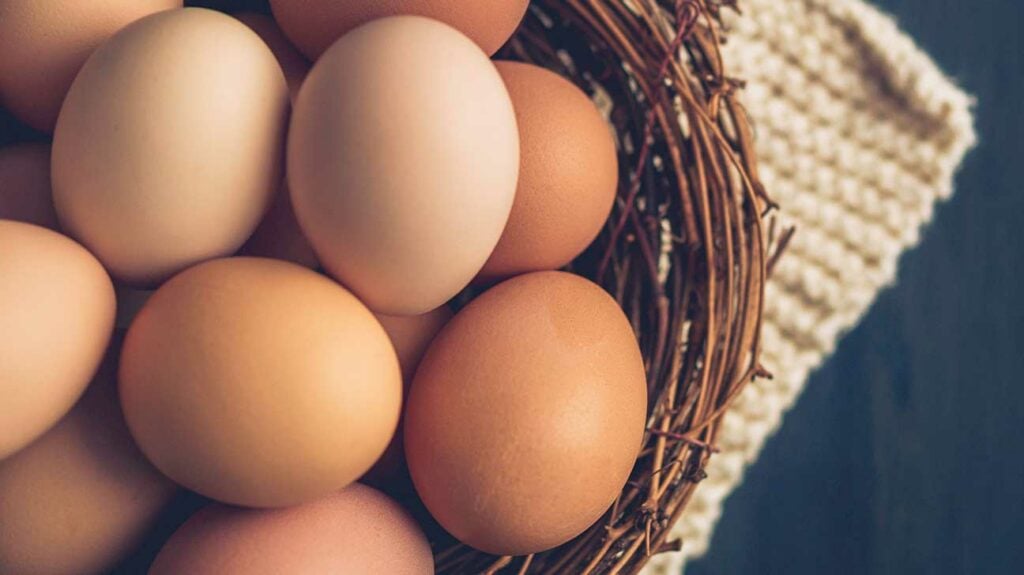Free-range eggs come from birds that freely roam outdoors. The term free-range may have a different meaning depending on the country and laws that govern the poultry industry. They can also be labeled as cage-free, or barn-roaming. But did you know about the egg boss scandal in 2010?
Keith Owen sold approximately 100 million mislabeled eggs, which ended up in supermarkets such as Sainsbury’s and Tesco. The fraud went on for two years while he made a £3 million profit.
What Happened to the Egg Boss Keith Owen?
A Midlands businessman was sentenced to prison for three years in 2010 after he admitted to making a fortune by fraudulently passing off battery farm eggs as free-range or organic.
Owen, who was 44 at the time, lived in Bromsgrove, Worcestershire. He owned Heart of England Eggs Unlimited and was the main supplier of eggs to several major packing companies who in turn sold the eggs to supermarkets and smaller retailers.
In March 2010, he pleaded guilty at Worcester Crown Court to three charges of fraudulent accounting, connecting to altering his records to disguise the fact he was buying eggs laid by caged hens and selling them on for a profit after relabelling or misdescribing them in paperwork.
The victims of Keith Owen’s false accounting were not only the direct customers of Heart of England but also the public, as well as the legitimate egg producers. The ultimate customer, a member of the public buying these eggs, would have received inferior eggs – sometimes even eggs not fit for sale to the public – or eggs produced by hens kept without the stringent welfare schemes from which they were said to benefit.
Amanda Pinto, Queen’s Council Regarding the Prosecution of Keith Owen
During Owen’s deception, between 2004 and 2006, farmers could hope to receive around 90 pence per dozen for organic eggs, 70 pence for free-range eggs, and 35 pence for cage eggs. As the middleman wholesaler, Owen would generally make a few pence profit per dozen, but by passing caged eggs as free-range, he made an extra 35 pence profit for every 12 eggs he sold. (Source Business Live)
How Did They Catch Keith Owen in the Act?
The Egg Marketing Inspectorate began investigating Owen in 2004 and discovered that he was supplying eggs with false paperwork. Egg tests were then performed under ultra-violet light, allowing investigators to see wire marks that are only found on the shells of caged hens’ eggs.
Regularly eggs supplied by Heart of England were seen to bear the marks of cage-rearing, which would have been impossible had … free-range producers actually provided the eggs.
Amanda Pinto, Queen’s Council Regarding the Prosecution of Keith Owen
Owen’s lawyer, John Kelsey-Fry QC, insisted that the offenses had had no negative impact on public health. Following the hearing, Richard Jones, the head of Defra’s dairy, eggs, and poultry team, explained the matter as the largest food industry fraud that the department had ever prosecuted.
After the Heart of England Eggs investigation, three other defendants, including 49-year-old Pearse Piggott of Ballylennon, Gort, and Co Galway, were initially charged with conspiracy to defraud.
However, the indictments against the other defendants were ordered to be kept on file after prosecutors decided not to pursue them. (Source: Business Live)
